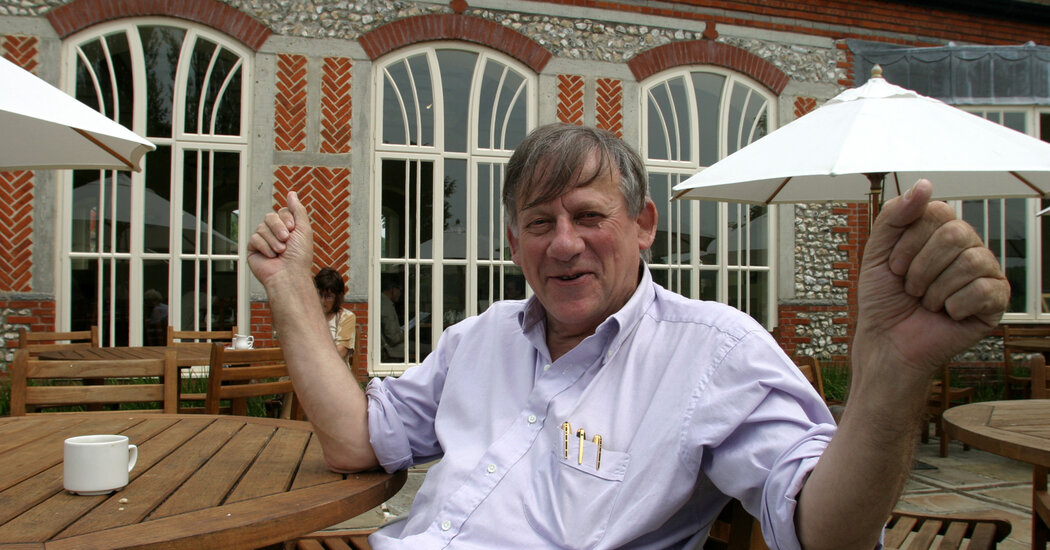Take into account Sample 187, the Marriage Mattress. “It’s essential that the couple select the precise time to construct the mattress, and never purchase one on the drop of a hat,” Mr. Alexander wrote. “It’s unlikely the mattress can have the precise feeling till the couple has weathered some arduous occasions collectively and there may be some depth to their expertise.” He urged tucking the mattress into an alcove, quite than letting it float, unmoored and unprotected, within the bed room.
Or Sample 190, Ceiling Top Selection: “A constructing by which all ceiling heights are the identical is just about incapable of constructing folks comfy.”
The e-book is a pleasant, if exhausting, grammar of structure that has nothing to do with fashion or historicism and all the pieces to do with what makes folks really feel good — heat colours, swimming pools of sunshine, low ceilings, overhanging roofs — a information to coziness, in essence, that Mr. Alexander and his colleagues tried to wrestle right into a sort of method utilizing all method of sources, from empathy research to the perfect proportions present in a Japanese home.
“He was one of many few individuals who thought systematically about structure,” Witold Rybczynski, the writer, architect and professor emeritus of urbanism on the College of Pennsylvania, mentioned in a telephone interview. “And he tried, in a generally laborious approach, to grasp why we like what we like. I by no means tried to design something utilizing ‘A Sample Language’; I believe it will be unimaginable. However when my spouse and I constructed our personal home, I spotted what number of of Alexander’s patterns had been current.”
Mr. Rybczynski recalled being struck by Mr. Alexander throughout their first encounter: “I lastly met him in 1994, when he received the Seaside Prize” — an award given by the New Urbanist group in Florida — “and he mentioned one thing I’ve by no means forgotten: ‘All the things we see in our environment raises our spirits a bit or lowers them a bit.’”
“His work is stuffed with these sort of insights,” Mr. Rybczynski added.
Christopher Wolfgang John Alexander was born Oct. 4, 1936, in Vienna, the one baby of Ferdinand Johann Alfred Alexander and Lilly Edith Elizabeth (Deutsch) Alexander, who had been archaeologists. The household left Austria in 1938, when Nazi Germany started its occupation, and settled in Oxford, England, the place Chris’s dad and mom discovered work as German-language academics. Chris, gifted in math and chemistry, received a scholarship to Cambridge, the place he studied arithmetic and structure and, on the facet, magnificence.

